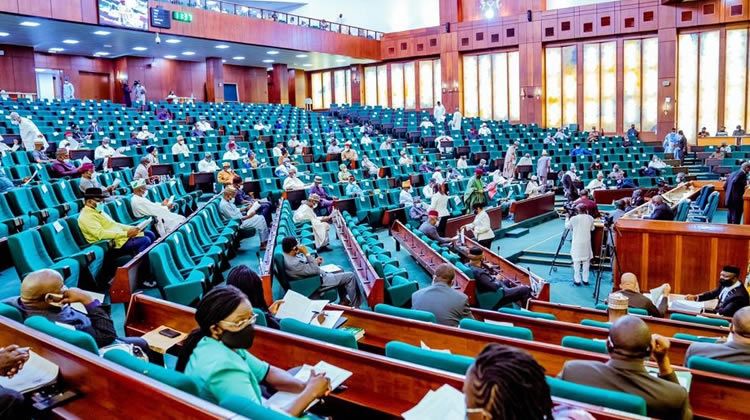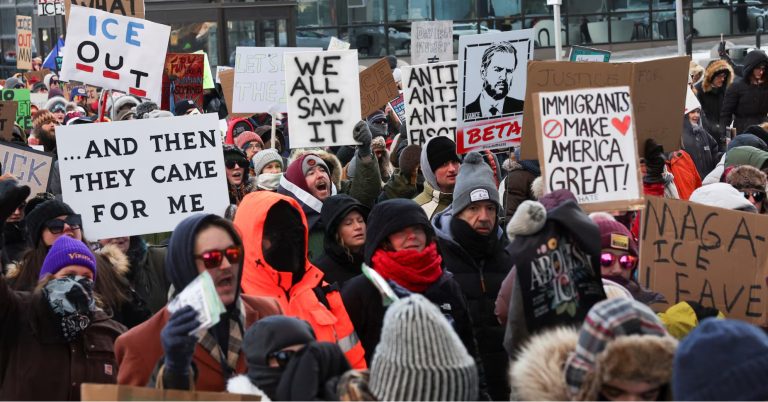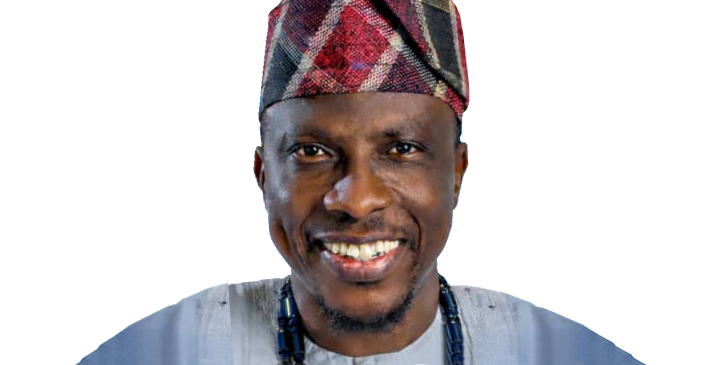
The House of Representatives convened a special plenary session on national security on Tuesday, bringing together lawmakers, foreign delegates, and security experts to address Nigeria’s escalating security challenges.
A delegation from St. Kitts and Nevis, led by Speaker Lanein Blanchette, and representatives from the United States Embassy were admitted to the chamber for the session.
The House is set to review a consolidated Internal Assessment prepared by relevant committees, covering security incidents, trends, oversight findings, and the implementation of previous resolutions. Committees on defence, national security and intelligence, police affairs, human rights, interior, foreign affairs, women affairs, youth development, and emergency and disaster preparedness are expected to make evidence-based presentations.
At the conclusion of the plenary, the House plans to issue a formal resolution outlining agreed actions, timelines, and oversight mechanisms to enhance national security.
In his opening remarks, Speaker Tajudeen Abbas emphasized that Nigeria’s sovereignty is non-negotiable, while noting the importance of maintaining strong ties with the United States. He welcomed prospects for bilateral cooperation to tackle the country’s security challenges.
Abbas also highlighted ongoing work on the Religious Freedom Accountability Bill, noting that both Christian and Muslim communities have been targeted by terrorist groups. He further drew attention to the threat of military coups in neighbouring West African countries, underscoring regional instability.
The special plenary comes amid heightened insecurity across Nigeria, with recent high-profile abductions of students in Kebbi and Niger states and attacks on worshippers prompting widespread concern.
These incidents have led to school closures in parts of northern Nigeria, drawing criticism from opposition parties over perceived government inaction.
Last week, the US Congress held a public hearing on Nigeria’s designation as a Country of Particular Concern (CPC) under President Donald Trump, where victims, lawmakers, and experts testified on the rising insecurity, including mass abductions, property destruction, and killings over the past several years.



